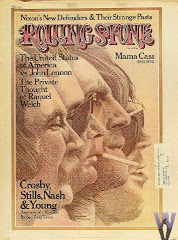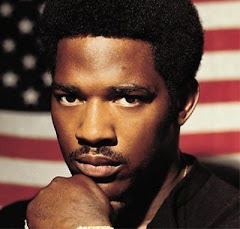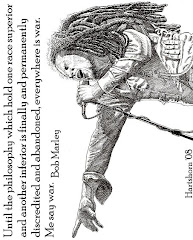The quartet of David Crosby, Stephen Stills, Graham Nash and Neil Young, formerly a trio before Neil Young was added as a fourth member, is a folk-rock super group as each member was an accomplished artist before the band was established. Many of Crosby, Stills, Nash & Young’s songs contained elaborate vocal harmonies, as well as political activism, which led to the group’s lasting influence on music and culture. The songs “Ohio” and “Wooden Ships,” which both stem from political issues at the time, show contrasting diction. Diction, defined as a writer’s choice of words, can be clearly seen in both songs and the differences between the two are reasonably different.
The song “Ohio” is one of the more up-beat songs by the band, as it has an electric guitar that does not overpower the lyrics or message of the song, which is a response to the murders of Kent State. When reading the lyrics, one will notice that the phrases and verses are very short and that, when listening to the song, many words are cut short at the end of each line. This can be clearly seen in the written form through the lines “Tin soldiers and Nixon's comin'/We're finally on our own/This summer I hear the drummin'.” The lyrics are also directed toward “us,” or American citizens, through the lines “Gotta get down to it. /Soldiers are gunning us down. /Should have been done long ago.” The lyrics are also directed towards “you,” possibly the reader or listener, which can be found in the lines “What if you knew her and/Found her dead on the ground?/How can you run when you know?” Additionally, many words and phrases are repetitive throughout the song, bringing attention to what those phrases are supposed to mean or represent; this includes the repetition of “Four dead in Ohio” leading up to the song’s end. What is unique about this song and what sets it apart from others by Crosby, Stills, Nash & Young is that the president, Richard Nixon, is directly identified in the line “Tin soldiers and Nixon's comin'.”
The diction in “Wooden Ships,” on the other hand, is different. This song, unlike “Ohio,” is more calm and a little slower. Along with soft electric guitar that, unless closely paid attention to can be missed by the listener, is piano that helps give the song its softness. The lines and verses of this song are more drawn out and have a lot more imagery and description, such as the lines “Wooden ships on the water, very free and easy/Easy, you know the way it's supposed to be/Silver people on the shoreline, let us be/Talkin' 'bout very free and easy.” The reader can more clearly imagine in his or her mind the scenes being described than in the song “Ohio.” The lyrics of the song, furthermore, are being told from the writer/singer’s point of view, directing what is being said towards “you,” the reader or listener. For example, “Go, take your sister then, by the hand/Lead her away from this foreign land;” the writer is telling about “you” the reader, and is not making general statements. The song “Wooden Ships” also has rhyming, as the rhyming pattern of the second verse can be described as ABBA/CDCE (easy/be/easy/be, die/cries/die/us).
Both the songs “Ohio” and “Wooden Ships” contain specific diction, though not clearly specific and almost seemingly similar. This ability to create and use two different forms of diction is not limited to Crosby, Stills, Nash & Young, but it can be found in the music of a countless number of bands and artists. This ability is necessary for artists to show their flexibility when it comes to showing variety in their music while remaining with their core genre.
Subscribe to:
Post Comments (Atom)












1 comment:
I really like your diction essay. CSNY is a great band.I liked your choice with words too, it didn't sound too redundant. By the way, your playlist is great, too.
Post a Comment